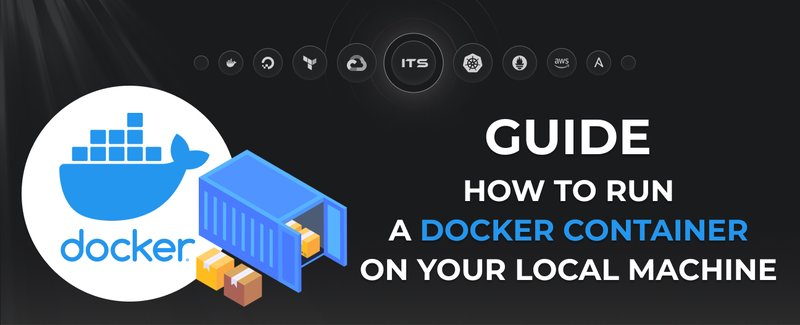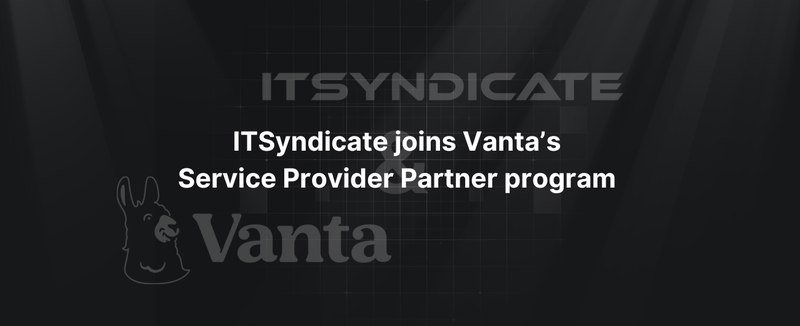In the ever-evolving business and technology landscape, scalability has become a cornerstone for success. The ability to grow, adapt, and handle increased workloads is vital, and cloud infrastructure emerges as a critical enabler of these capabilities. This article will delve into the nuances of scalability solutions, the impact on business scaling, and the architecture that underpins scalable cloud solutions.
Understanding scalability
Definition of scalability:
Scalability refers to the capacity of a system to handle growing amounts of work or its potential to be enlarged to accommodate that growth. In the context of business, scalability is about building a foundation that can expand seamlessly as demands increase.
Importance of scalability:
Scalability is not merely a technical consideration but a strategic necessity for businesses. It ensures that a company can respond effectively as customer demand rises or market conditions change. This adaptability is crucial for sustained growth and maintaining a competitive edge in the market.
Scalability solutions
Vertical scalability
Scaling up involves adding more resources, such as CPU, memory, or storage, to an existing server. While this approach can enhance the performance of a single server, it has limitations. Vertical scalability may not be cost-effective in the long run and could lead to a single point of failure.
Horizontal scalability
Scaling out, on the other hand, is achieved by adding more servers to the infrastructure. This approach distributes the load across multiple machines, preventing bottlenecks and creating a more resilient system. Cloud providers facilitate horizontal scalability by offering the ability to add or remove resources dynamically.
Elasticity
Elasticity is the dynamic allocation of resources based on workload demand. Cloud services allow businesses to automatically scale resources up or down, ensuring optimal performance and cost efficiency. This flexibility is particularly beneficial for applications with varying usage patterns.
Benefits of business scaling
Implementing scalable solutions brings several advantages. Businesses can achieve improved performance, accommodate growing user bases, and respond promptly to market changes. Cost efficiency is also a notable benefit, as resources can be adjusted to match demand, preventing unnecessary expenses during periods of lower activity.
Challenges in business scaling
While scalability is essential, businesses must navigate challenges such as data management, security, and maintaining consistent performance. Cloud infrastructure addresses these challenges by providing scalable solutions to handle these complexities.
Discover the power of scalable cloud solutions and unlock unparalleled growth, adaptability, and performance. Our experts are here to guide you through the journey of seamless expansion, ensuring your business thrives in the ever-evolving market landscape.
Scalable cloud architecture
Microservices architecture:
Breaking down applications into microservices is a fundamental approach to scalable architecture. Each microservice operates independently, allowing for easier development, deployment, and scaling of specific components without affecting the entire system.
Containerization and orchestration:
Containerization, exemplified by technologies like Docker, facilitates packaging applications and their dependencies into isolated containers. Orchestration tools like Kubernetes automate containerized applications' deployment, scaling, and management, streamlining the process and ensuring consistency.
Serverless computing:
Serverless architecture enables businesses to run applications without managing the underlying infrastructure. With serverless computing, resources are allocated dynamically based on demand. This on-demand scaling allows for cost-effective and efficient utilization of computing resources.
Case studies
Netflix: The streaming giant utilizes cloud infrastructure to scale horizontally, ensuring millions of users worldwide uninterrupted streaming.
Airbnb: By adopting microservices architecture, Airbnb has achieved the flexibility to innovate rapidly and handle the dynamic demands of its global marketplace.
Embracing cloud growth for a successful future
In conclusion, scaling your business with cloud infrastructure is not just a technological choice but a strategic imperative. The flexibility and adaptability of scalable solutions empower businesses to navigate the challenges of a dynamic market. Embrace the possibilities of vertical and horizontal scalability, leverage the benefits of cloud architecture, and position your business for sustained growth in the digital age.
As you embark on this journey, remember that the cloud is not just a service provider but a partner in your business's evolution. Embrace scalability, and let the cloud be the catalyst for your business's success.
Docker commands and Dockerfile usage for running containers on a local machine
Docker commands and Dockerfile usage for running containers on a local machine
Netflix tech stack for powering streaming backend and cloud solutions









